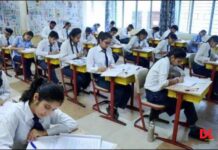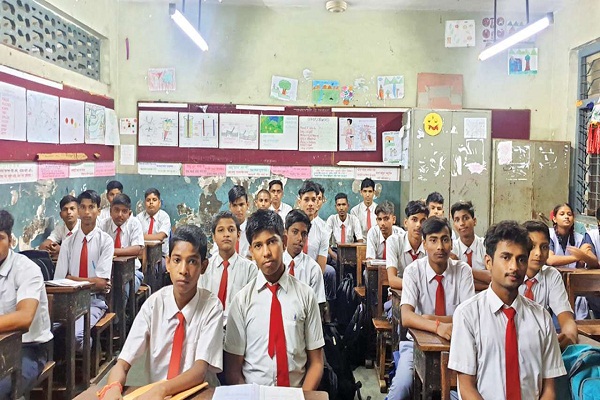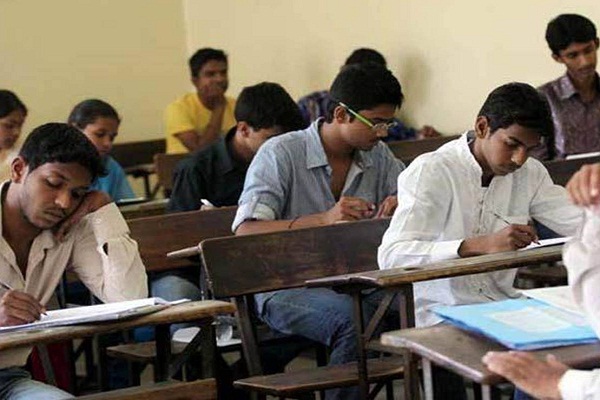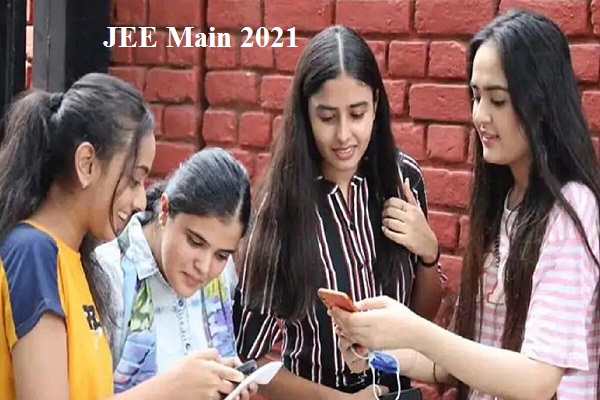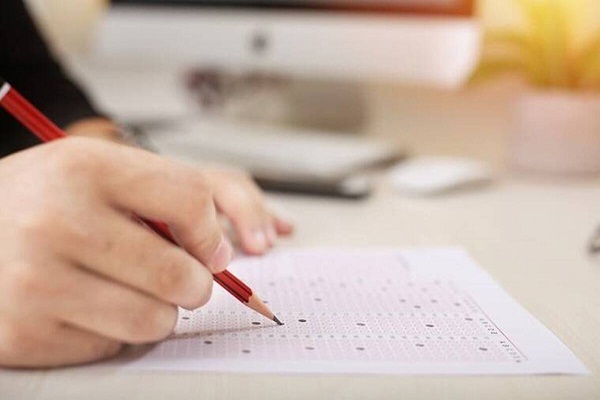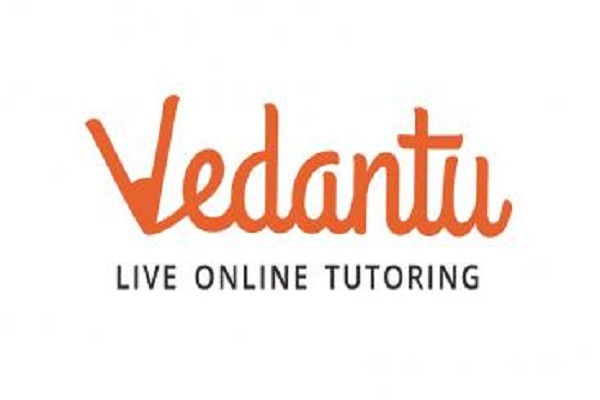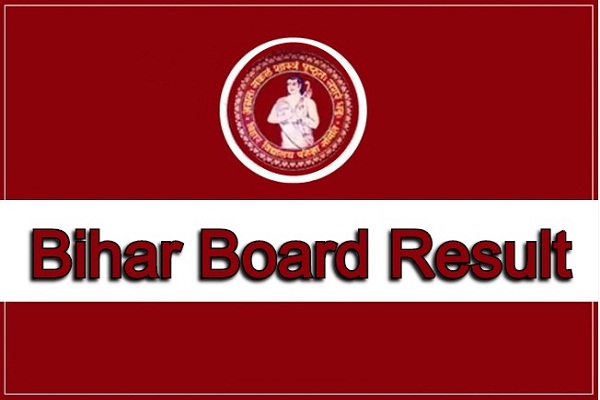The Delhi cabinet approved the creation of around 100 special schools, providing children with a platform to develop their talents and excel in fields that interest them.
Deputy Chief Minister Manish Sisodia said the specialization will be in science, technology, engineering and mathematics (STEM), visual and performing arts, humanities and high-level skills of the 21st century.
“We will live in an era of specialization and excellence. Our children need the opportunity to prepare for the challenges of the next generation. Each child is unique and gifted. We want to make sure they have the opportunity and support to move forward goals “Success in your life.
Also read: Delhi gets its own education board as govt registers DBSE
“Schools with specialized excellence provide our children with the appropriate platform to develop their talents and distinguish themselves in areas of their particular interests,” Sisodia said in a statement.
He added that these schools will be election-based, covering grades 9-12 as part of the 5 + 3 + 3 + 4 schooling introduced by the 2020 National Education Policy (NEP).
All Delhi public schools will also be upgraded to Rajkiya Pratibha Vikas Vidyalaya (RPVV) and existing schools of excellence.
Technical schools will focus on providing experiential learning opportunities through state-of-the-art infrastructure, creativity and problem-solving learning and teaching, close partnerships with universities and industry leaders, mentoring programs, and easy access to role models.

